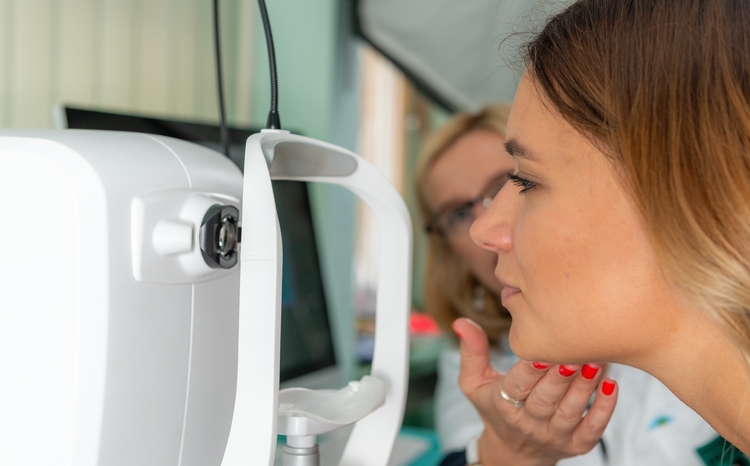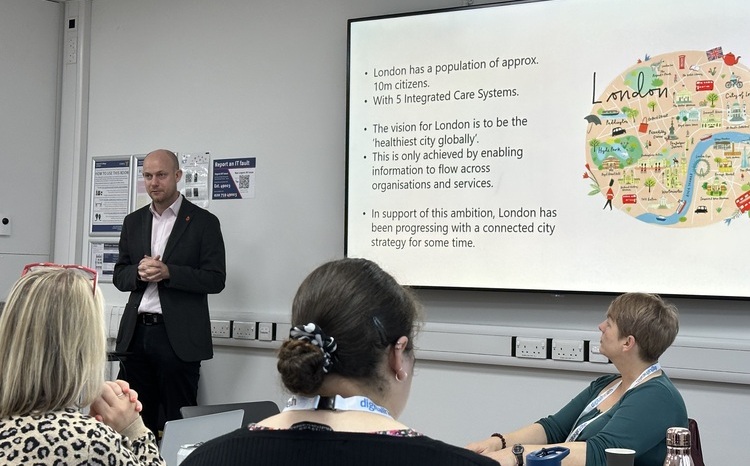Doctor develops diagnostic diabetes software
- 25 February 2008
A GP has developed software that he believes could help identify up to 60,000 patients with undiagnosed diabetes.
The software has already been installed in EMIS practices following the research project conducted by Dr Tim Holt, a GP in Warwickshire and clinical lecturer at Warwick University Medical School.
Dr Holt and his colleagues looked for biochemical evidence of undiagnosed diabetes recorded in blood glucose measurements, looking at more than 3.6million patient records from 480 GP practices using the QRESEARCH database.
Dr Holt said: “The search was originally piloted in my own practice in Warwickshire, and six individuals were found, most of whom were diagnosed with diabetes on further testing.
“If the same survey was extended to all UK GP surgeries we estimate that 60,000 people would be identified with evidence of undiagnosed diabetes. “
The research team from Warwick, Nottingham and London Universities and GP computer supplier EMIS, first eliminated known patients with diabetes, and cases where raised blood glucose was found but diabetes had already been ruled out as a cause by further tests. They found that this left 3,758 patients whose last blood glucose level was indicative of undiagnosed diabetes, and 32,785 patients whose last level was at best borderline leaving many of them at significant risk of diabetes and requiring further assessment.
Dr Holt said that as well as the 60,000 patients likely to be identified with undiagnosed diabetes, more than half a million other people nationally would require further tests to rule out diabetes.
He added: “The study demonstrates the power of information technology to assist practice teams in the early detection of diabetes.”
Dr Holt told EHI Primary Care that he now plans to investigate a much larger sample of patients identified by the software, in both the low and high risk groups to find out how many have diabetes.
He said the software developed by the research team, which both searches the practice database daily and creates alerts when patients attend the surgery, could easily be recreated by the other GP clinical system suppliers.
He added: “This problem has been identified by using research from a general practice database to create a highly pragmatic software tool. It’s a huge success story for turning researching into practice.”
The full research is published in the March issue of the British Journal of General Practice.
Fiona Barr




